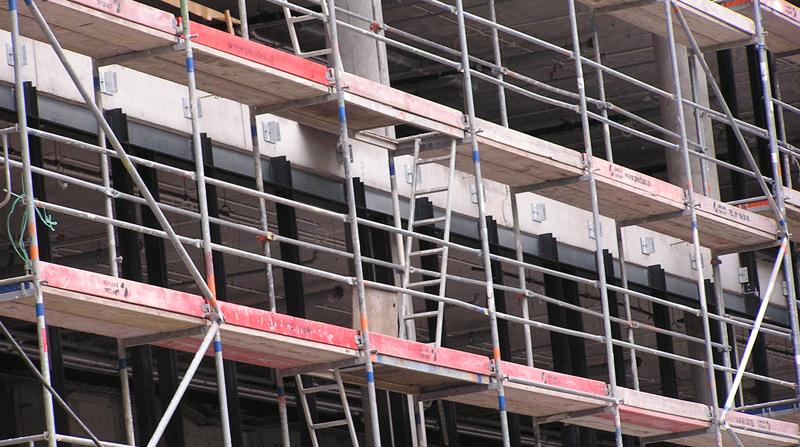
Sri Lanka will face a severe labour shortage soon as is evident in key industries such as tourism, construction, garment, plantation and services even at present, National Chamber of Export (NCE) President Ramal Jasinghe said. “This labour shortage will lead to adverse economic and social repercussions. We need to take measures to mitigate the negative effect without further delay. One of the priority areas will be the skills development initiatives in this regard,” he said.
The NCE has taken steps to conduct skills development programs with the Ministry of Skills Development and other government institutions as a remedial measure. “We need to recognize the ‘dignity of labour’, be it a white collar or a blue collar job. It is essential that we treat the total spectrum of labour in the same manner without any division. This will encourage the youth to seek employment in the sectors where there are a huge number of vacancies at present,” he said.
While stressing the importance of grooming young talent to fill labour market vacancies within the country, importing labour is not the solution to the acute labour shortage, he said.
“The country needs a change in the mindset and the attitude towards employment. It is not that we do not have jobs, but there are no takers. This gap should be met and for that the positive attitude of society is essential,” he said. According to the Census and Statistics Department data, labour force participation rate in Sri Lanka for 2017 Q3 was 53.6 out of which 73.6 was male and 36.6 was female.
The unemployment rate for 2017 Q3 was 4.2 out of which 2.7 was male and 6.8 was female.
The total employed population for 2017 Q 3 was 8,163,869. There were 5,237,350 males and 2,926,489 females employed in 2017 Q3.
